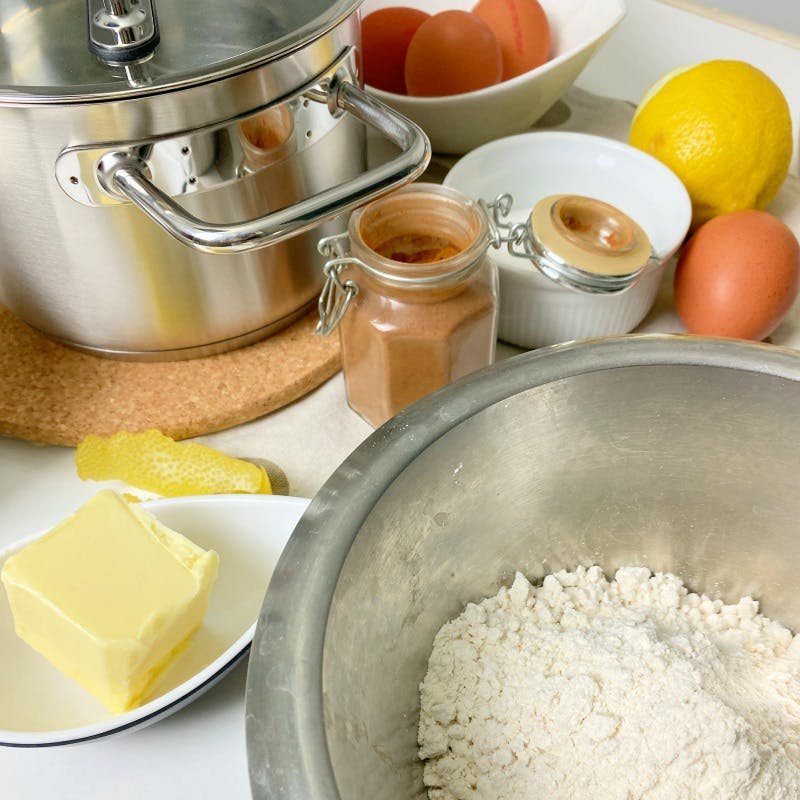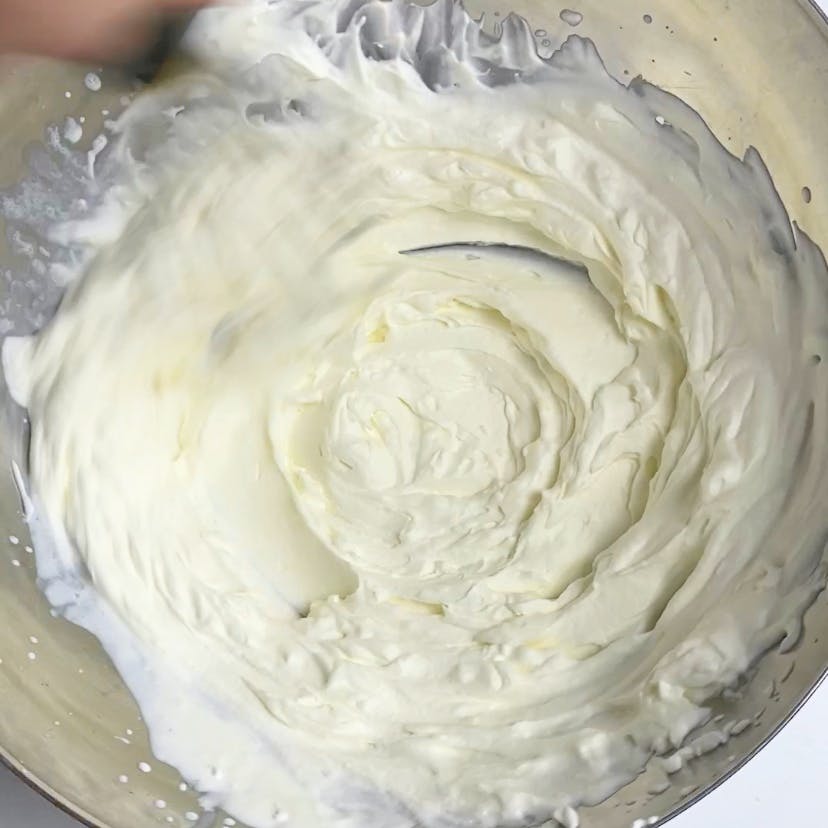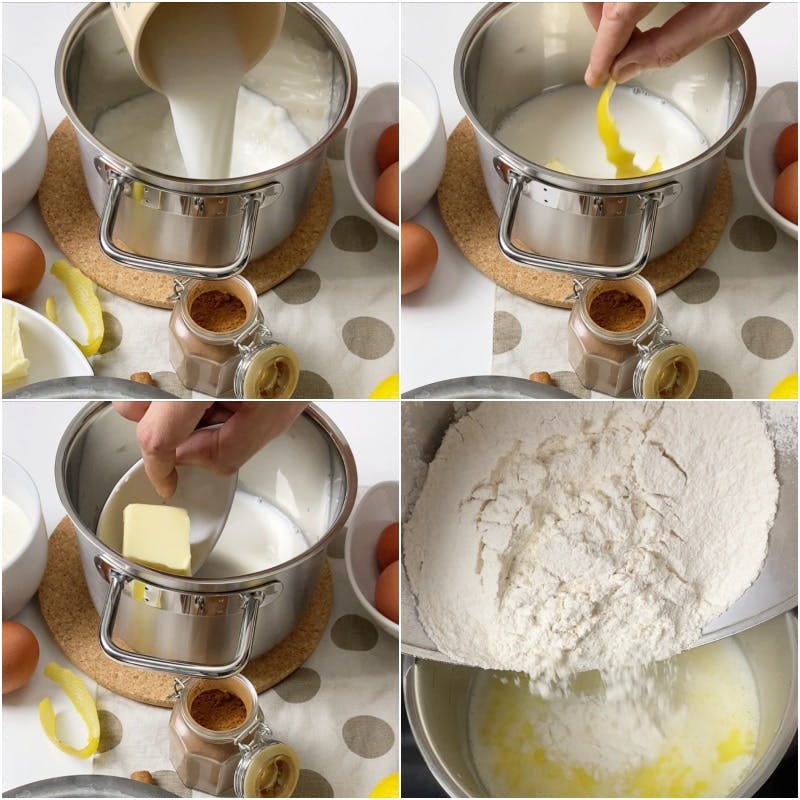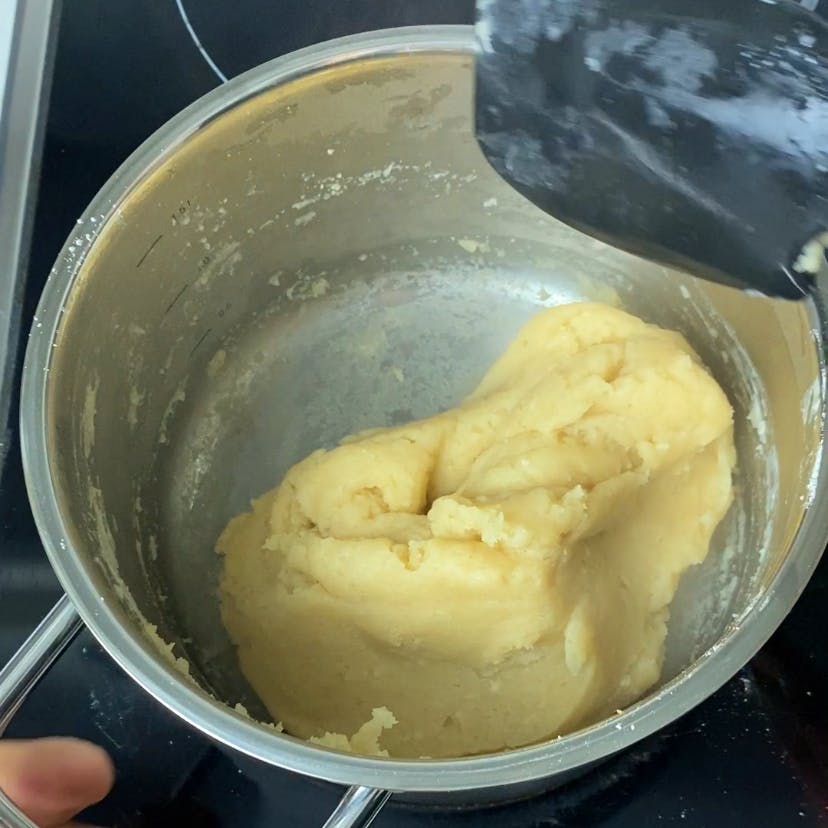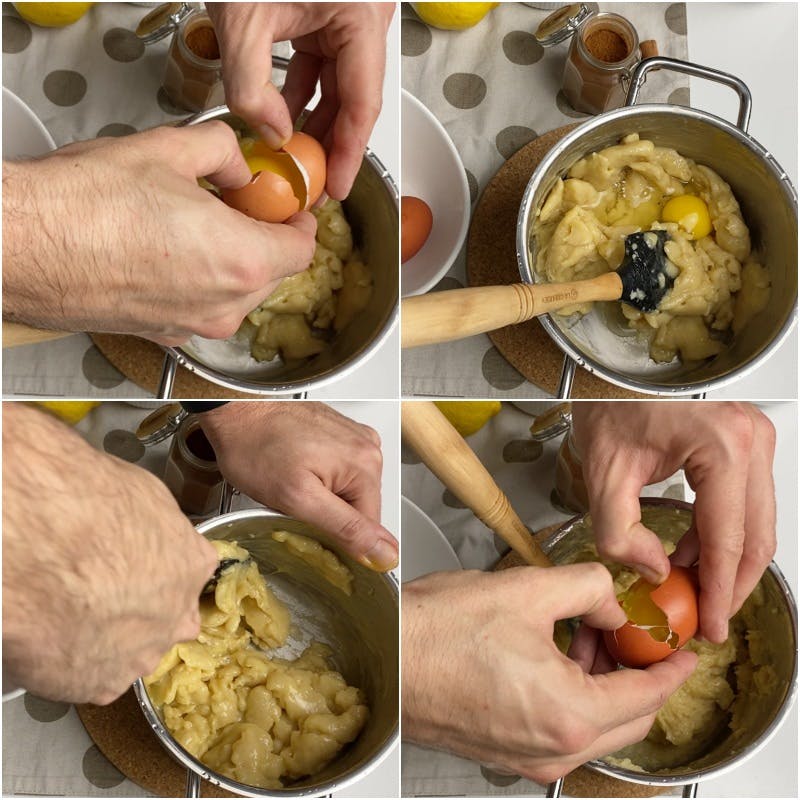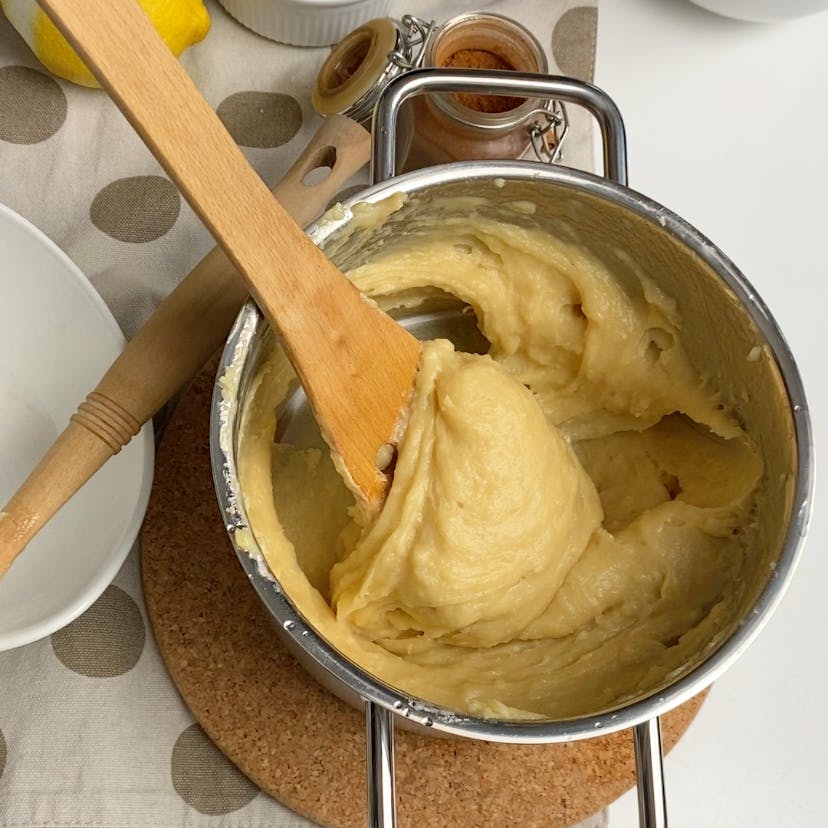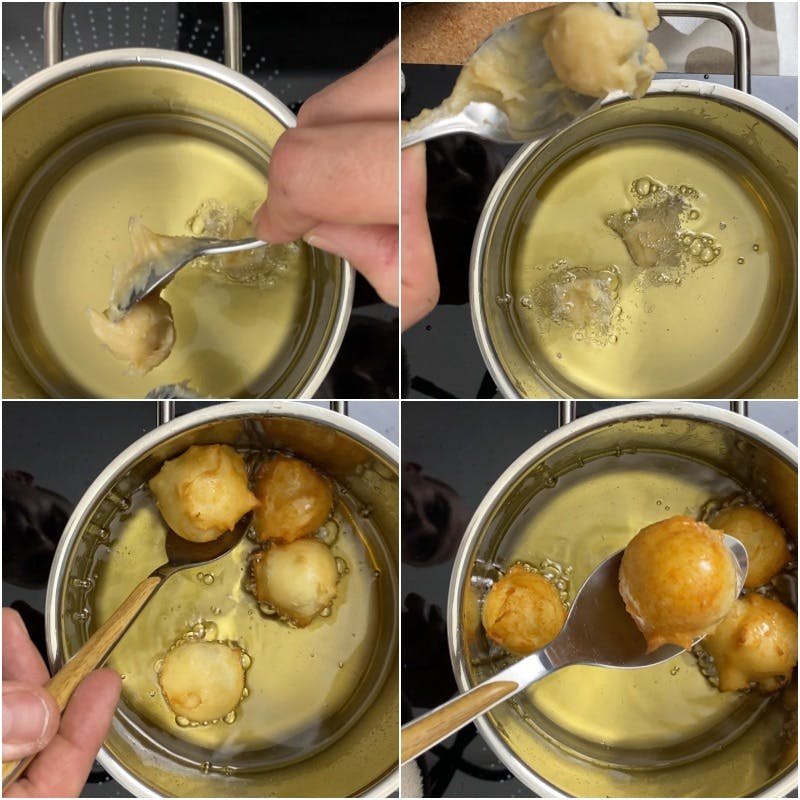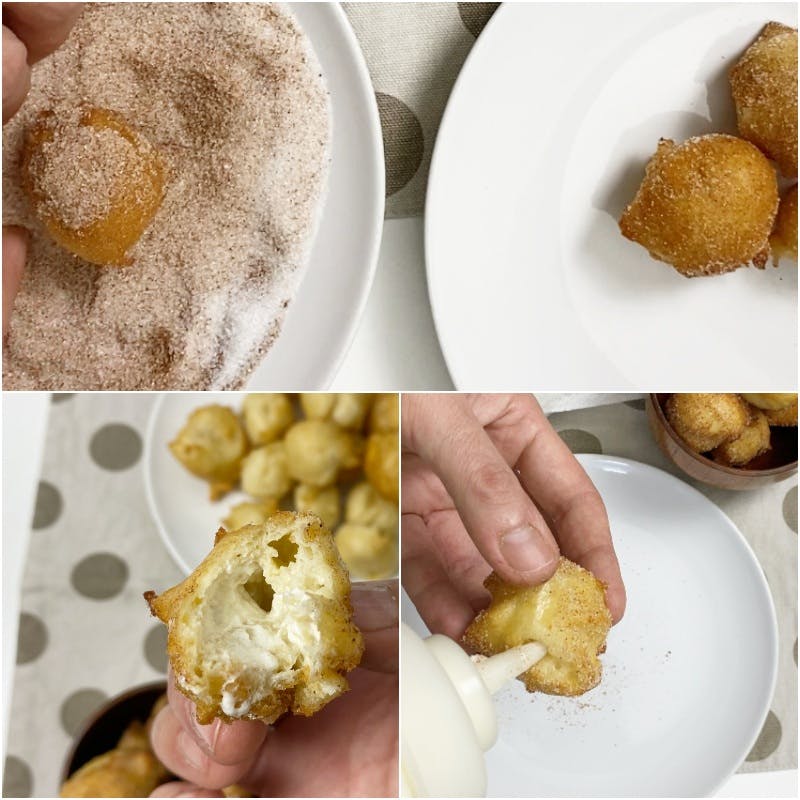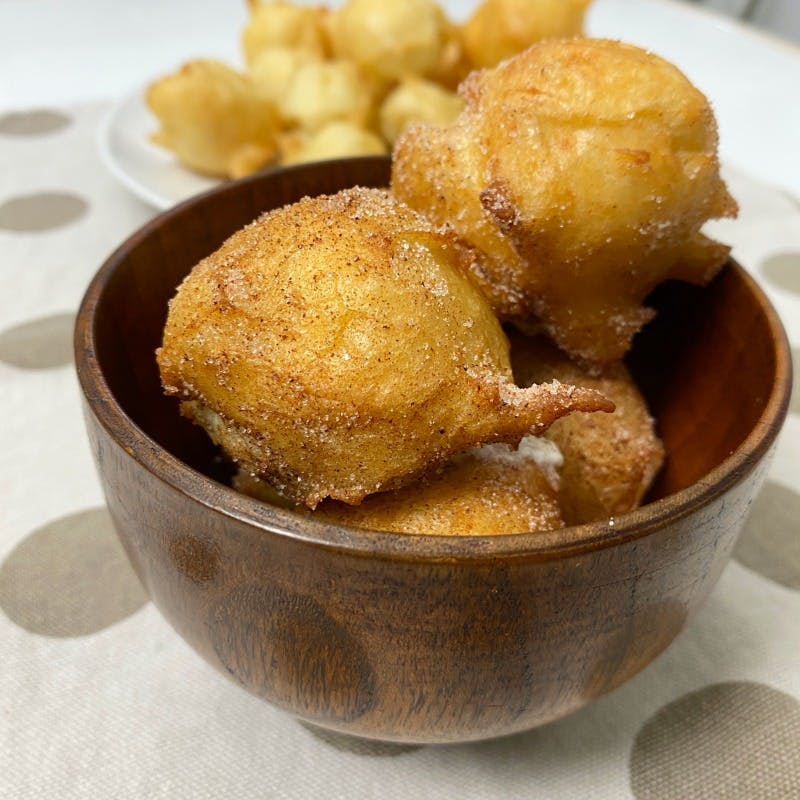Traditional Spanish pastries, "Buñuelos de viento" on All Saints Day
This week I bring you one of my favourite traditional sweets.
It is a fried dough ball made with flour, eggs, water, milk and butter, usually filled with whipped cream, custard, chocolate ganache or other creams or jams.
This delicious dessert is one of the stars of the bakery when Halloween or All Saints' Day celebrations arrive here in Spain. But it is also typical during Lent and Christmas.
I have found several theories about the origin of this traditional dish that I would like to share with you. So before we get cooking, let's see where these addictive sweet balls come from.
The first theory refers to their Roman origin. The name "Buñuelo" derives from the word "Puñuelo", which refers to a small ball of dough that the Romans kneaded with their hands. In the writings of the Roman 'Cato the Elder', during the 2nd century BC, a similar dessert called 'globos' is mentioned.
There is also a theory that Sephardic Jews have been making fried dumplings from wheat flour called 'Bimuelos' to celebrate Hanukkah since the 10th century. The introduction of these buns into the celebration of All Saints' Day is a Christian modification due to their proximity to the Jewish Hanukkah.
The legend of Almogía
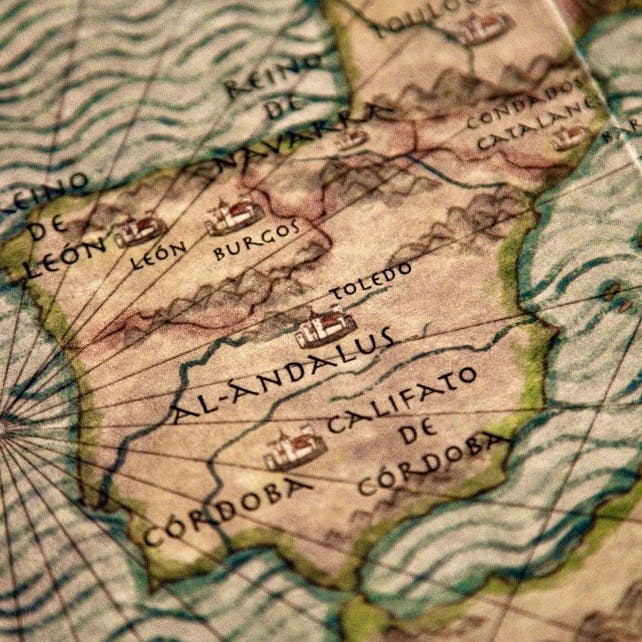
Legend has it that they originated in Almogía in Malaga in 1090 when the Sevillian king Mohamed ben Abad Al Motamid surrounded the town's fortress. Seeing that both food and wood for the ovens were in short supply, a baker called 'Abdelaziz ben Drisi el Jabazún' counted the stores and decided to make pancakes of flour dough and water. He then took them to the top of the castle and put them in the cauldrons of boiling oil that were used to throw at the attackers.
This recipe became one of the favourite desserts of the inhabitants of Granada and Seville.
Although the first written version with the name 'Buñuelos' in Spain is found in the cookbook for the kings. Francisco Martínez published a book entitled 'Arte de la cocina, repostería, panadería y conservas' in the 17th century.
"Buñuelos de viento" recipe
- Preparation time 20 min

